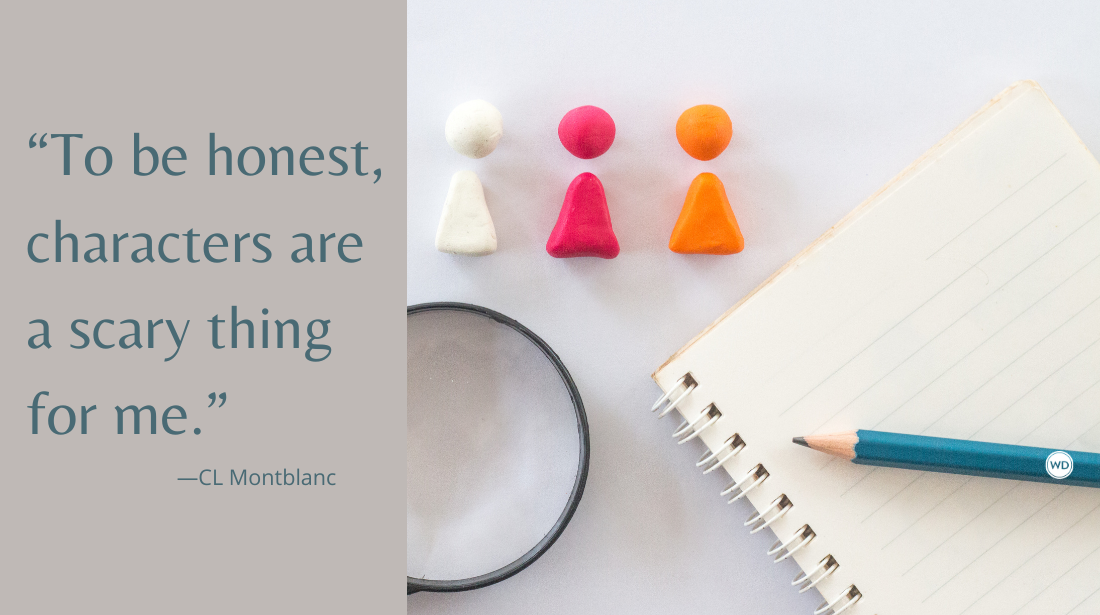Dashes vs. Parentheses
Q: My friend’s professor says that using dashes to set off something to be emphasized is no longer appropriate. Instead, you should use parentheses to set off words. Is this…
Q: My friend’s professor says that using dashes to set off something to be emphasized is no longer appropriate. Instead, you should use parentheses to set off words. Is this true?
—Mike D.
A: Dashes and parentheses play similar roles in sentences, but it’s actually the latter that’s unfashionable—dashes are all the rage.
Parentheses can set off a theme that disrupts the discourse of the sentence, but reference tools like The Associated Press Stylebook suggest minimal use. They appear jarring, and many news sources don’t use them, so material between the curves may be misinterpreted by the reader. While dashes can usually serve as an excellent substitute, in some instances, parentheses are the only effective means: Our battle with management made the front page of The Parhump Valley (Nev.) Times.
Dashes are used to denote an abrupt change in thought or an emphatic pause in a sentence. It’s a great style technique. Scooter bought a bicycle—a green 10-speed—to ride to and from work every morning.
They can also be used to dis-play a list typically set off by commas. We filled our bag with the dentist’s tools—drill, hand-held mirror, something resembling a tiny pickaxe, a few free toothbrushes—and scrambled back out, falling to the ground below.
Don’t hesitate to use a great punctuation device like the dash—it can add style and depth to your writing.
Want more?
- Pick up your copy of the Beginning Writer's Answer Book. For a digital download of the book, click here.
- Follow the WD Editors on Twitter: @writersdigest@BrianKlems@JaneFriedman @robertleebrewer @alicepope@JessicaStrawser @ChuckSambuchino
- Become a fan at our Facebook page
Jane Friedman is a full-time entrepreneur (since 2014) and has 20 years of experience in the publishing industry. She is the co-founder of The Hot Sheet, the essential publishing industry newsletter for authors, and is the former publisher of Writer’s Digest. In addition to being a columnist with Publishers Weekly and a professor with The Great Courses, Jane maintains an award-winning blog for writers at JaneFriedman.com. Jane’s newest book is The Business of Being a Writer (University of Chicago Press, 2018).








